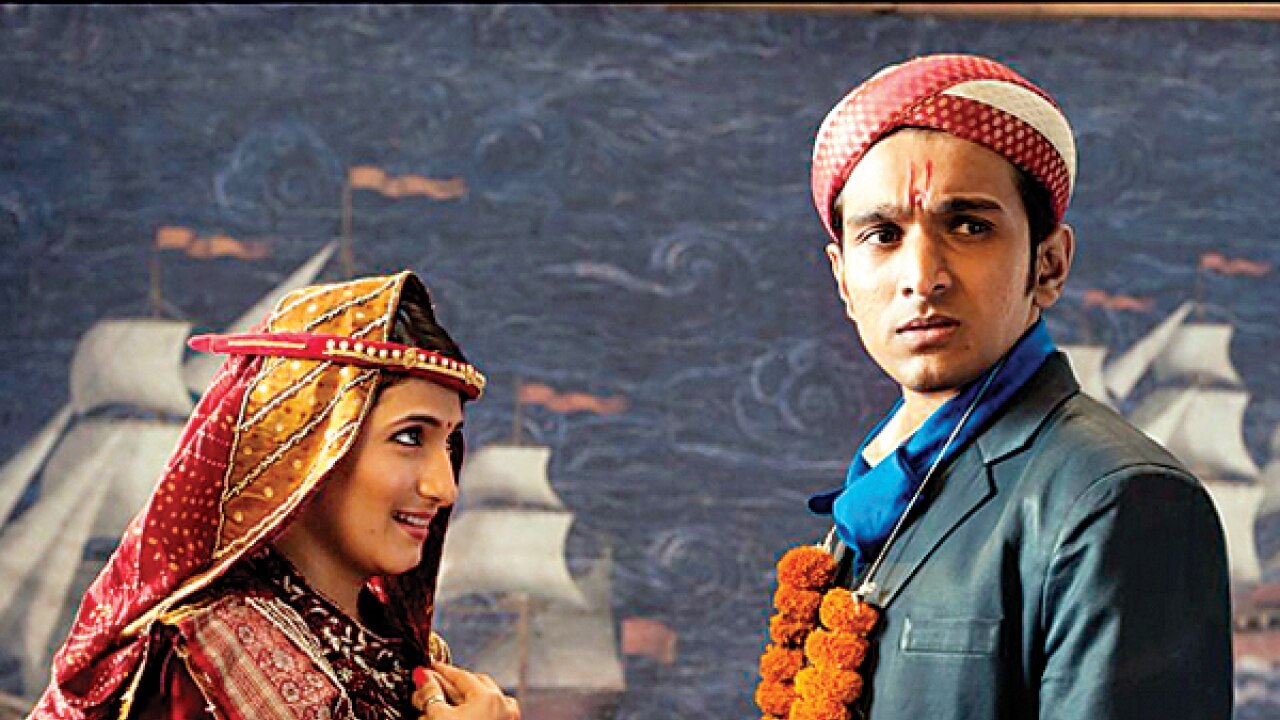
Even after almost five decades, William Shakespeare is a favourite on stage. Be it his dramas, adaptations or recitals, the Bard's work influence the theatre directors and audiences alike. Sunil Shanbag's Mere Piya Gaye Rangoon is adapted from Shakespeare's comedy All's Well That Ends Well. And though Shanbag's Gujarati rendition of the same play Maro Piyu Gayo Rangoon has garnered much appreciation all over – it was lauded at Shakespeare's Globe in London in 2012 and 2014 – its Hindi adaptation is a delight to any musical, and Shakespeare, lover.
Set between Gujarat and Mumbai at the turn of the last century when the latter was reaping the benefits of a flourishing opium trade, Mere Piya Gaye Rangoon depicts a vibrant picture of cultures, regions and language. The story of Heli who is madly in love with Bharatram, the son of her guardian, is full of courage and wit, just as in the original play. Bharatram, an ambitious youth, moves to Mumbai to work for his uncle, the merchant prince Rao Bahadur Gokuldas Sawaram Bhatia. Armed with the support of Bharatram's mother, Heli ventures to Mumbai to declare her love for him. A reluctant Bharatram is talked into the marriage by Gokuldas only to flee to Rangoon in an attempt to strike an opportunistic alliance with a princess. What follows is a series of mistaken identities that consequently lead Heli and Bharatram to get together.
The most striking part of the play is of course its music. Uday Mazumdar does justice to Shanbag's imagination, not to mention the lyrical fluent use of Hindi. Kudos to Mihir Bhuta for penning songs in language which many think can't act as lyrical and poetic. The actors spread magic on stage with their colourful costumes and prolific language. It's not easy to learn dialogues, and to sing them is an uphill task. But all the actors, including the senior ones, come back with flying colours in this feat. The only glitch being characters calling Bombay as Mumbai in 1900s. Also, the play could have more references to the regions where it is based but overall thumbs up to Shanbag and team for this entertaining presentation.